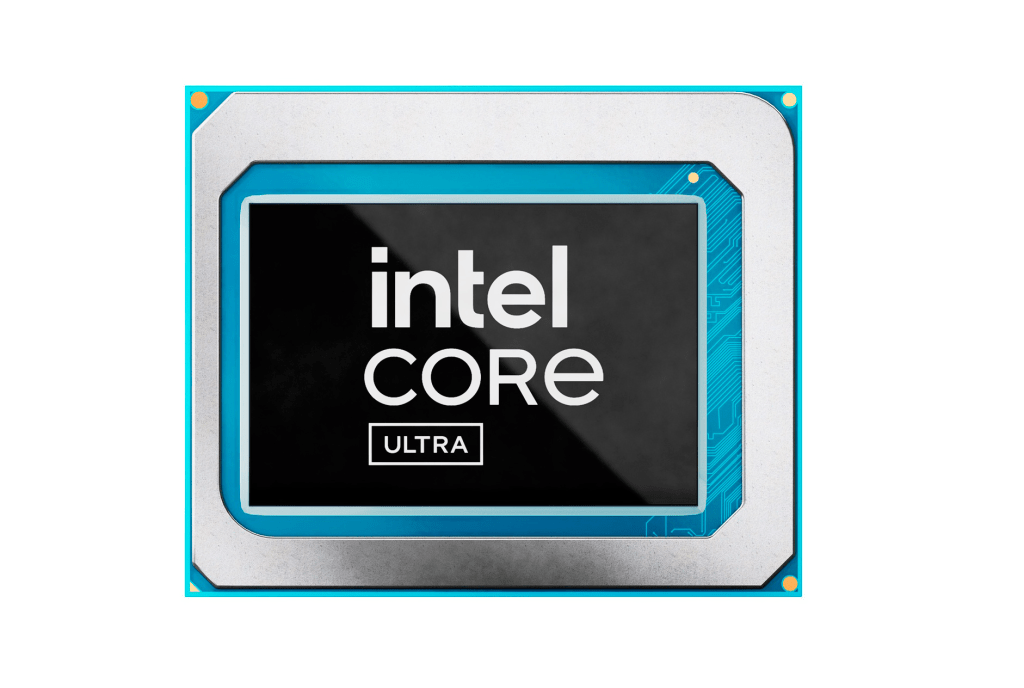Performance Comparison: 2 Cores with 4 Threads vs. 4 Cores with 8 Threads

To clarify the terminology: in most cases, when referring to CPUs, “cores” and “threads” (often referred to as “CPUs” in some contexts) are used. A CPU can have multiple cores, and each core can handle multiple threads through a technology like Intel’s Hyper-Threading or AMD’s Simultaneous Multi-Threading (SMT).
Comparison:
- Machine with 2 Cores and 4 Threads (CPUs):
- This setup can handle 4 simultaneous threads, but with only 2 physical cores, it may struggle with heavy multitasking or applications that require more processing power.
- Laptop with 4 Cores and 8 Threads (CPUs):
- This configuration can handle 8 simultaneous threads, allowing for better multitasking and improved performance in applications designed to take advantage of multiple cores and threads.
Performance Considerations:
- Multitasking: The laptop with 4 cores and 8 threads will generally perform better when running multiple applications simultaneously or when using software that can leverage multiple threads.
- Heavy Applications: For tasks like video editing, 3D rendering, or gaming, the 4-core, 8-thread machine will likely deliver better performance, as it can distribute workloads more efficiently.
- Single-Threaded Performance: If both machines have similar clock speeds and architectures, the 4-core machine may still outperform the 2-core machine in many scenarios due to its ability to handle more threads.
Conclusion:
Overall, the laptop with 4 cores and 8 threads is likely to perform better in most situations, especially for multitasking and multi-threaded applications. If you’re considering performance for a specific use case, those details can further influence the decision!




